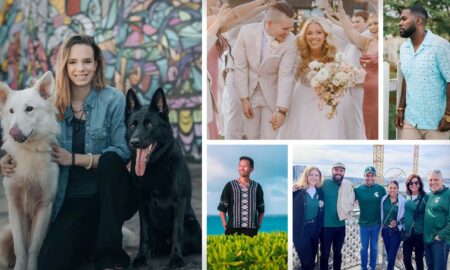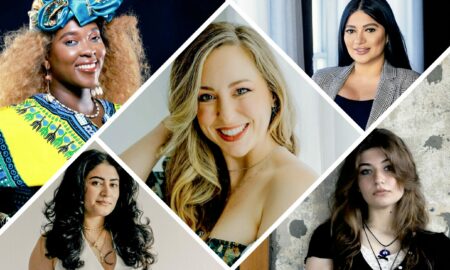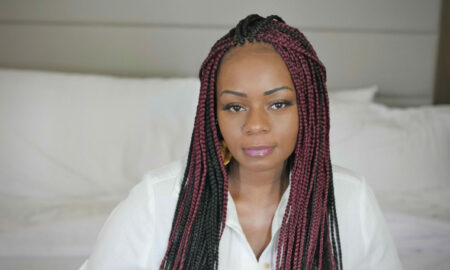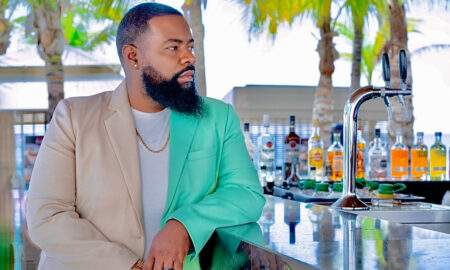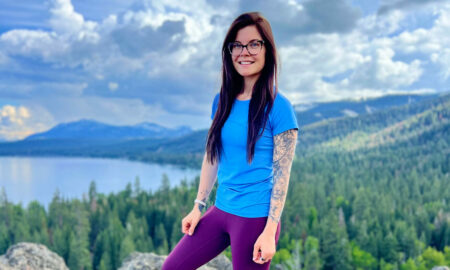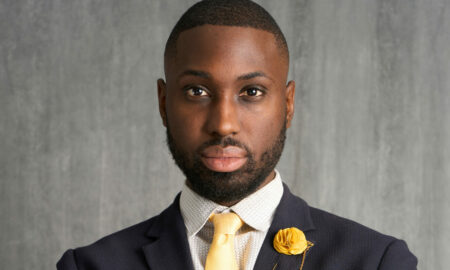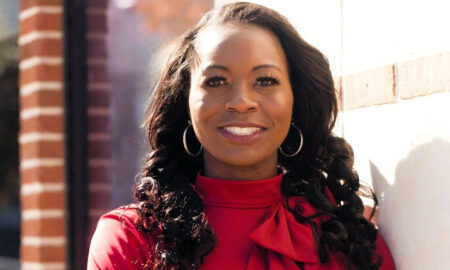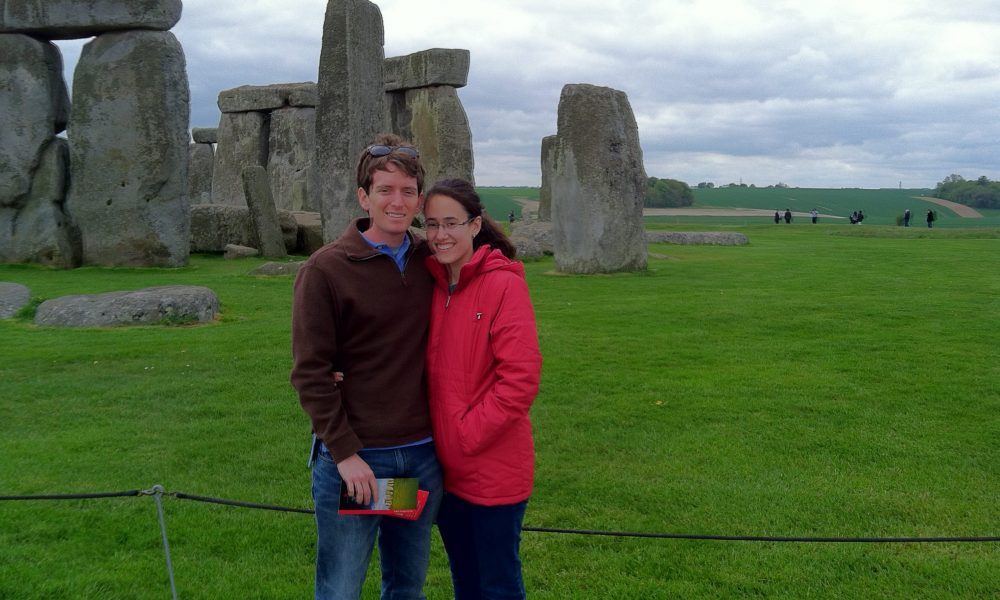

Today we’d like to introduce you to Amalia Picus-Davis.
So, before we jump into specific questions about the business, why don’t you give us some details about you and your story.
I am a native Houstonian and a 5th generation Texan. In high school (The Debakey High School for Health Professions), I decided that I wanted to become an optometrist. I figured this out while on a rotation at the Hermann Eye Center. I was shadowing a 4th year optometry student and watching her see patients, refract and take care of people’s vision. It was the first medical profession I could actually see myself enjoying for the duration of my working life. It was then that I decided to go to optometry school after college.
During the summers between college, I worked for an ophthalmologist who specialized in pediatrics and strabismus treatment. I noticed, over 4 summers, that many of his strabismus patients would come back for repeat surgeries, after the first surgery was unsuccessful and did not achieve lasting eye alignment. I knew there had to be a better, more effective treatment for strabismus, but I did not have any idea what it was. I knew I was going to optometry school at this point, so I filed the questions away in the back of my mind for school.
After college, I applied to and was accepted to the University of Houston College of Optometry. When it came time (in our 3rd year) to decide where we were going to spend our externships, I happily made the decision to go to a practice that specialized in pediatrics, vision therapy and vision rehabilitation. I worked for Drs. Ann Voss and Marcia Moore at Bellaire Family Eyecare. It was at this practice that I had my first immersion into the work of vision therapy and vision rehabilitation. It was the perfect niche for me in the world of optometry. It combined the things I loved most: teaching, optometry and human development. Vision therapy creates long powerful changes in people’s daily lives. It ceased to be about can you see the 20/20 line, and became about how I could help people maximize their potential and increase quality of life through vision.
When I graduated in 2013, Dr. Voss asked me if I wanted to buy her satellite clinic. I said yes and one year later, I was a first time business owner. Three years later, we are growing members of the community and continuing to serve our patients.
Great, so let’s dig a little deeper into the story – has it been an easy path overall and if not, what were the challenges you’ve had to overcome?
The road has been everything other than smooth. It was very hard making the choice to continue operating out of the insurance world. Insurance companies tend to dictate how physicians care for their patients in efforts to control costs. This is never in the best interest of the patient and we made a conscious choice to operate outside of the insurance world for this reason. Treatment choices that I make are in the best interest of the patient and patient outcomes. Not taking insurance means not having as many patients, but it does allow me to practice optometry to the standard of care, without worrying about if I will receive payment or not!
The Vision Learning Center – what should we know? What do you guys do best? What sets you apart from the competition?
I am a developmental/behavioral optometrist. I specialize in binocular vision, vision rehabilitation and treatment of vision related learning disorders. I am one of the only doctors in my area who specializes in this type of optometry and my colleagues in the area refer their binocular cases to me for treatment. What is behavioral optometry? Behavioral optometry says that vision, rather than being like a camera lens (as is what most doctors and the public think), is a complex, integrated relationship between the eyes, the brain and the entire body. I look at how each of my patients uses their vision, rather than if they are just able to see the 20/20 line. Vision is a complex sense and if some areas of “vision” are not operating correctly, it is hard to the person to perform complex visual tasks such as reading and writing. Think about how this impacts school performance.
I am very proud of being a woman-owned small business. I take pride in giving each patient I see confidence and reassuring them that they are safe, family friendly, respectful environment. I believe strongly that everyone, regardless of age, demographic, physical or mental ability is entitled to a respectful eye care experience. Just because somebody is not able to sit in my exam chair or respond to my questions does not mean they are unable to get a good pair of glasses and see more clearly.
What moment in your career do you look back most fondly on?
Everytime I have a patient who graduates from vision therapy, it is my newest proud moment. Seeing my patients thrive in school and life is by far the best reward. I get reports from former patients about improved grades, patients voluntarily reading (for the first time ever!), making the sports team and all kinds of other fantastic, positive life changes.
Contact Info:
- Address: 8111 Cypresswood Drive, Suite 106
- Website: www.thevisionlearningcenter.com
- Phone: 8325929650
- Email: admin@thevisionlearningcenter.com
- Instagram: https://www.instagram.com/visionlearningcenter/
- Facebook: https://www.facebook.com/thevisionlearningcenter/
- Twitter: twitter.com/vlcchampions





Getting in touch: VoyageHouston is built on recommendations from the community; it’s how we uncover hidden gems, so if you know someone who deserves recognition please let us know here.

